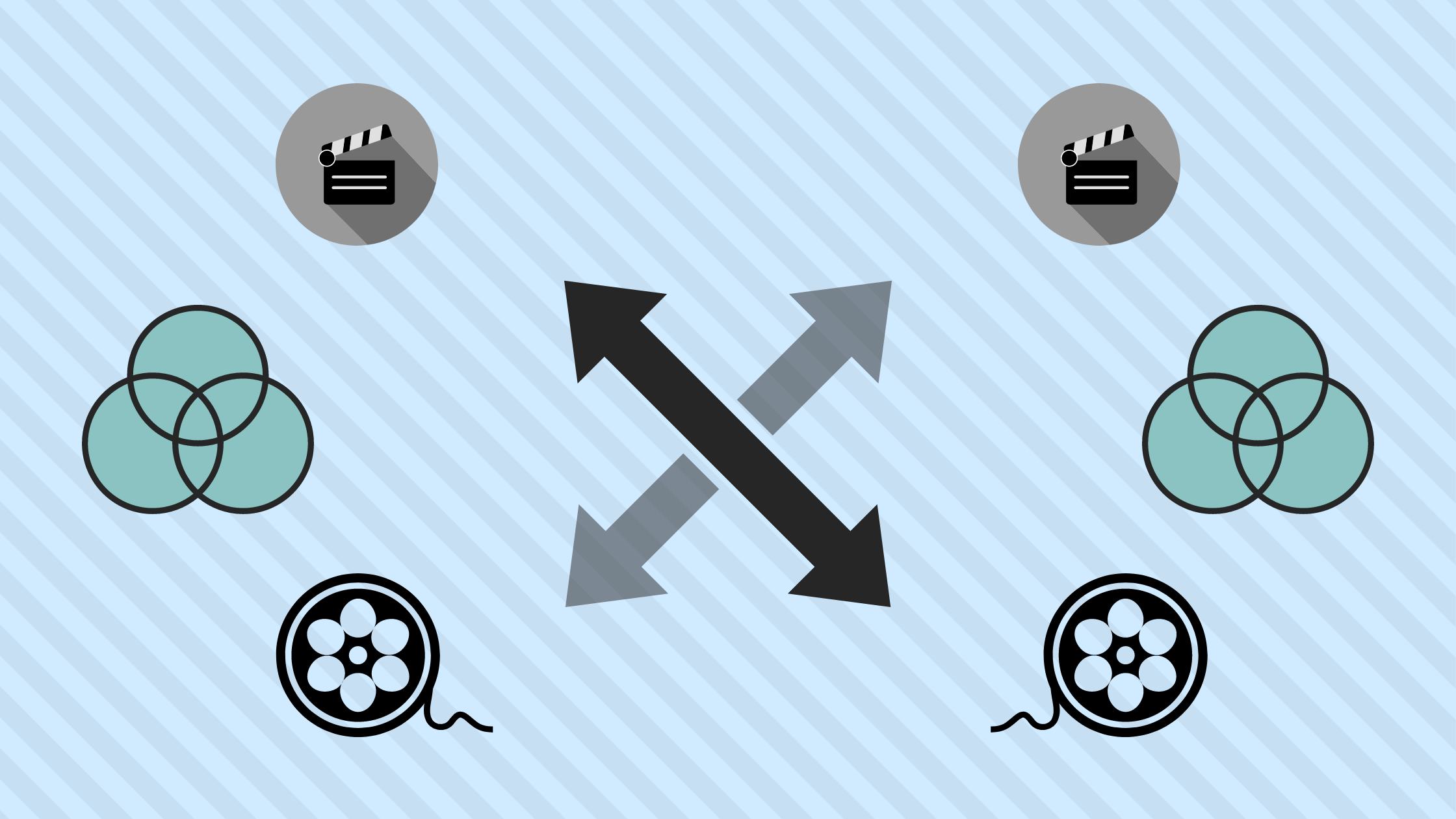6 Sure Fire Signs of a Toxic Workplace on Set

Share this
It’s not much fun to work in a toxic workplace, and unfortunately, the film industry has its share of them.
But just because you don’t particularly like the show you’re working on doesn’t mean your workplace is toxic. Every show has a few annoying things that we’d like to change.
However, if there are numerous signs of dysfunctionality on set, it may be a toxic workplace where you’ll never be content.
Here are six signs of a toxic workplace to watch for:
- Poor communication from the top down and within departments.
In our fast-paced business, communication drives the train. People can’t do their jobs if they can’t prepare for what’s coming next.
Equipment and additional crew need to be booked in advance, and sets need to be prepared. When communication is poor, everything becomes a last-minute emergency.
The saying “Poor planning by you does not necessarily constitute an emergency for me” perfectly sums up the situation. I even worked with one prop department that had hats made with the saying in French.
If you’ve ever worked on a show where no one had the information they needed until the very last minute, you know it’s a highly frustrating and inefficient way to work.
Poor communication can ruin a shoot, and it’s also a warning sign of a toxic workplace.
If you never seem to have the information you need to do your job and then get blamed when things don’t happen as they should, watch out.
- You have a micromanaging or passive-aggressive boss.
Micromanagers and passive-aggressive types can drive you crazy. I’ve worked for both and I left those jobs as soon as possible. I found it wasn’t worth the mental and emotional strain of dealing with those people.
It’s frustrating when you have little autonomy and your work is never good enough. A micromanager will overly manage every detail of everyone’s work when each person could have done a far better job without their interference.
The micromanager will often tell stories of how great they were when they worked in your position, but it’s never true. They were usually mediocre at best.
Passive-aggressive types can sometimes dupe you into thinking their intentions are helpful. Statements such as “I don’t mean to be critical but…” are usually preludes to a long list of criticisms, most of which are not helpful.
Unfortunately, there’s little upside to working with micromanagers and passive-aggressive bosses, and they’re often a part of a larger toxic workplace.
- You have no upward mobility.
If you feel unsupported in your efforts to move up to the next level, you’ve probably gone as far as you can on that job.
When the higher-ups bring in friends and colleagues to fill open positions rather than promoting people who’ve been working hard and know the job, that’s a red flag. Our industry is rife with that kind of cronyism, from hiring directors on down, and it creates a toxic workplace.
They may tell you next time you’ll get a chance, but next time never comes.
If someone in the position above yours leaves and you’re not given a shot at it, you’ll never move up there.
Your choices are to stay there and stagnate or move on.
- Unacceptable behavior is tolerated on set.
Years ago, I worked on a show where I suspected my boss was using drugs. His behavior was erratic, his job performance abysmal, and he was constantly leaving the set for mysterious reasons.
Yet no one seemed to notice or care.
My suspicions were proved correct when police busted him for drugs while we filmed on location. Meanwhile, I felt demoralized and overworked, since I was doing his job and my own.
People often tolerate erratic and even abusive behavior in our industry, but fortunately, that’s now changing.
There’s no upside to staying on a show where the higher-ups ignore unacceptable behavior on and off set.
You’re almost always better off moving on.
- There’s constant tension on set.
Yes, we work in a stressful industry, but being constantly tense just being at work is a sign of an unsupportive, toxic workplace.
It’s not a good sign when your co-workers are overly quiet and have a keep-your-head-down mentality because the set is so tense. That’s not a healthy way to work.
Some bosses think fostering tension and fear makes people work harder. It doesn’t, and the best people will leave at the first opportunity.
- Lousy leadership.
Our industry needs more competent leaders, on and off set.
It’s always amazed me how many people with horrible leadership skills are in positions of power in our industry. Another unfortunate effect of cronyism is that the most competent people are often unable to move up into leadership positions, and our industry is the worse for it.
Screaming, intimidation, and berating people are signs of poor leadership and a toxic workplace.
Unless leadership changes, the work environment won’t change. The sooner you can move on from a situation like this, the better.
Conclusion
One of the best things about freelancing is that there are always other jobs. We have multiple employers, so if you find yourself in a toxic workplace on one job, you can always find another job.
I’ve had to do that more than once and never regretted it.
We all deserve a healthy, supportive workplace, and it’s not worth the toll on our mental and emotional health to stay in a toxic workplace.
I suggest keeping up with your industry contacts, so you never have to.